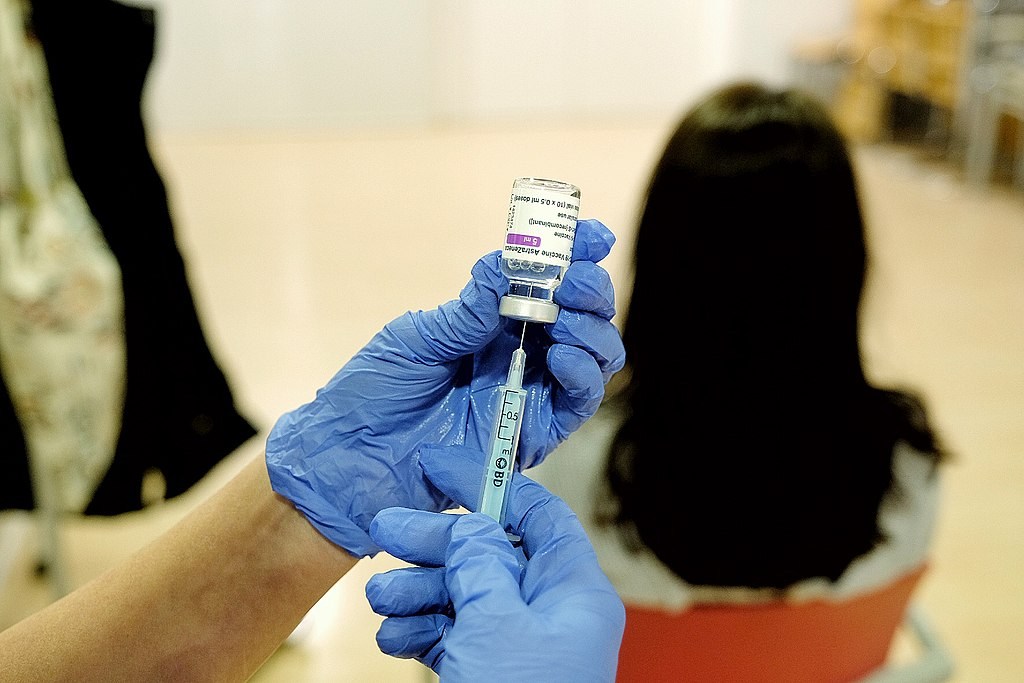The European Commission has announced tighter new controls on the export from the EU of vaccines produced here.
The change has been triggered by the ongoing row over AstraZeneca (AZ) vaccines intended for the United Kingdom. Part of the production of the vaccine takes place inside the EU.
At the same time, the company, which developed the vaccine in cooperation with Oxford University but with EU financing, has failed to meet its delivery schedule to the EU in the first quarter, and is promising a similar shortfall for the second quarter.
The Commission has made it clear it thinks AZ is favouring the UK at the expense of other contracts. And it has threatened to stop all exports of vaccines produced here, until its own delivery requirements were satisfied.
The changes go less far than a total blockade, however. Vaccines for export must be issued with an export certificate by the land of production. The granting of a certificate will be based on two principles: reciprocity and proportionality.
On the first point, a member state will not issue a licence to export to a country that does not deliver vaccines to the EU. On the second, a certificate can be withheld if the destination country has a better epidemiological situation than the EU as a whole, or already has a higher vaccination rate.
“The EU is proud to be home to vaccine manufacturers who not only supply EU citizens, but export vaccines around the world. But open roads must go both ways,” said Commission president Ursula von der Leyen.
The measure does not single out AZ in particular. Pfizer produces vaccines in Puurs in Antwerp province, and has over the last six weeks delivered 10 million doses to the UK. But that went through without a problem, because Pfizer has fully delivered in its contracts with the EU.
The issue with AZ, however, was thrown into sharp focus by a report in the Italian newspaper La Stampa yesterday that a shipment of 29 doses is sitting in an Italian factory south of Rome, waiting to be shipped to the UK.
The company that owns the factory has denied the report, while others have pointed out that 16 million doses from the shipment are intended for the international Covax scheme that supplies vaccines to poorer countries.
Nonetheless, the find is likely to increase tensions between the EU and the UK on vaccines.
Meanwhile in London, UK prime minister Boris Johnson repeated a thinly-veiled threat that the EU could be the ‘loser’ if it chose to block exports to the UK.
“I don’t think that blockades, of either vaccines or medicines or ingredients for vaccines are sensible and I think that the long-term damage done by blockades can be very big,” he told the Commons liaison committee after the EU announcement, the Guardian reports.
“I would just gently push anybody considering a blockade or interruption of supply chains that companies may look at such actions and draw conclusions about whether or not it is sensible to make future investments in countries where arbitrary blockades are imposed.”
Alan Hope
The Brussels Times

